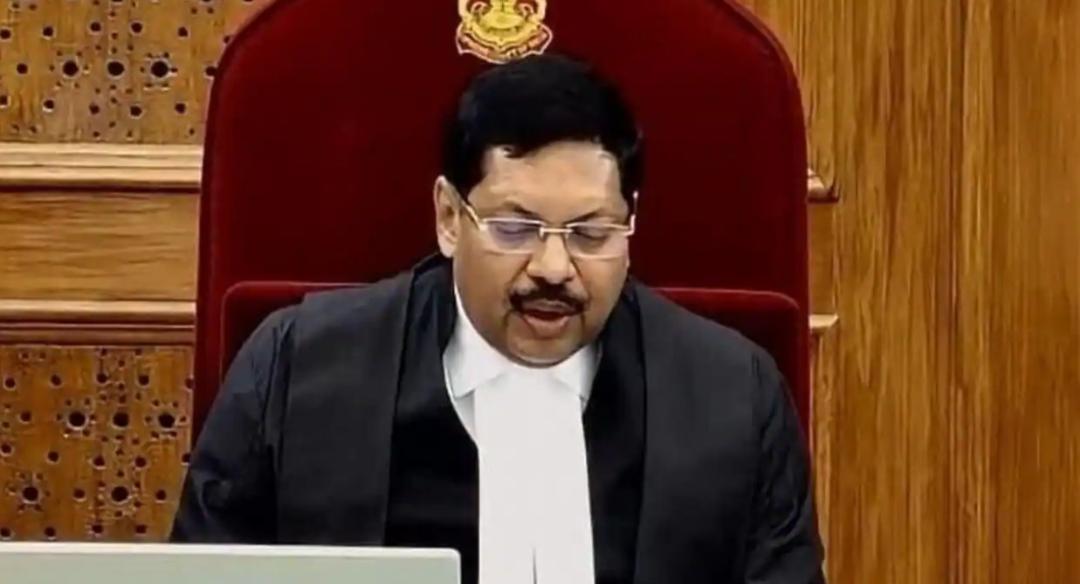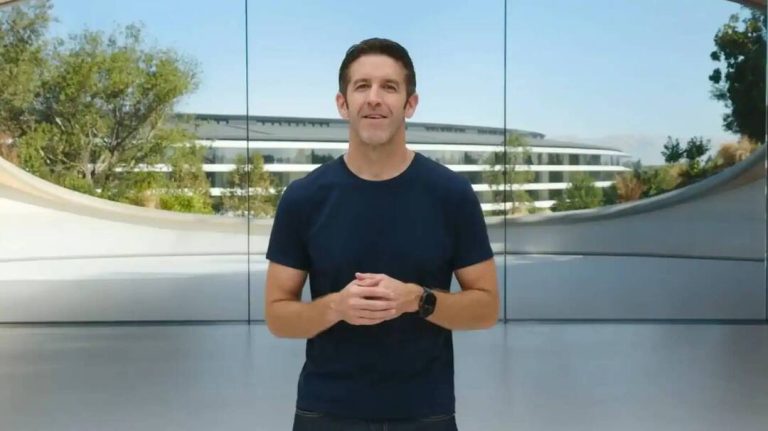
Passing ‘bulldozer order’ was my most important one: CJI Gavai
In a recent interview, Chief Justice of India (CJI) BR Gavai reflected on his tenure as the head of the Indian judiciary, highlighting one particular judgment that he considers his most significant contribution. The judgment in question pertains to the issue of “bulldozer justice,” a phenomenon where homes are demolished as a form of punishment for alleged crimes. CJI Gavai’s judgment against this practice has been hailed as a landmark decision, and the Chief Justice himself has termed it as the most important order he has passed during his tenure.
The concept of “bulldozer justice” has been a subject of controversy in India, with many arguing that it is a form of collective punishment that violates the principles of natural justice. The practice involves demolishing the homes of individuals accused or convicted of crimes, often without due process or adequate notice. This approach has been criticized for being disproportionate and arbitrary, as it can leave innocent family members and dependents without a roof over their heads.
CJI Gavai’s judgment against “bulldozer justice” is significant because it addresses the very heart of this issue. “How can a house be demolished just because a person is accused of a crime or convicted of it?” he asked, highlighting the inherent unfairness of the practice. The Chief Justice’s words underscore the importance of upholding the rule of law and protecting the rights of all individuals, regardless of their alleged or proven culpability.
The judgment is also notable for its emphasis on the need for due process and the protection of human rights. In a country where the rule of law is often under strain, CJI Gavai’s decision serves as a reminder that the judiciary has a critical role to play in safeguarding the rights of citizens. By striking down the practice of “bulldozer justice,” the Chief Justice has sent a strong message that the judiciary will not tolerate arbitrary or disproportionate actions that violate the principles of justice.
CJI Gavai’s tenure as the head of the Indian judiciary has been marked by several significant decisions, but his judgment against “bulldozer justice” stands out for its importance. As he prepares to retire on November 23, the Chief Justice can look back on his tenure with a sense of pride and satisfaction, knowing that he has left an indelible mark on the Indian judiciary.
The incoming Chief Justice, Justice Surya Kant, will have big shoes to fill when he succeeds CJI Gavai on November 24. Justice Kant will be expected to build on the legacy of his predecessor, while also addressing the many challenges that face the Indian judiciary. As the new Chief Justice takes the reins, he will be watched closely by the legal community, civil society, and the general public, all of whom will be eager to see how he navigates the complex and often contentious issues that come before the Supreme Court.
In the meantime, CJI Gavai’s judgment against “bulldozer justice” will remain an important milestone in the history of the Indian judiciary. The decision serves as a testament to the power of the judiciary to shape the law and protect the rights of citizens, even in the face of overwhelming opposition or public pressure. As the Indian judiciary continues to evolve and grow, CJI Gavai’s legacy will serve as a reminder of the importance of upholding the rule of law and protecting the rights of all individuals, regardless of their background or circumstances.
The issue of “bulldozer justice” is not unique to India, and similar practices have been documented in other countries around the world. However, the Indian context is particularly significant, given the country’s large and diverse population, as well as its complex social and economic dynamics. The practice of demolishing homes as a form of punishment raises important questions about the role of the state in regulating individual behavior, as well as the balance between public order and individual rights.
CJI Gavai’s judgment against “bulldozer justice” has implications that extend far beyond the Indian context, as it highlights the importance of upholding human rights and the rule of law in the face of societal pressure or political expediency. The decision serves as a powerful reminder that the judiciary has a critical role to play in protecting the rights of citizens, even when it is unpopular or difficult to do so.
As the Indian judiciary looks to the future, it is clear that CJI Gavai’s legacy will continue to shape the law and inform the decisions of future generations of judges. The Chief Justice’s judgment against “bulldozer justice” will remain an important milestone in the history of the Indian judiciary, serving as a testament to the power of the judiciary to protect the rights of citizens and uphold the rule of law.
In conclusion, CJI Gavai’s judgment against “bulldozer justice” is a landmark decision that highlights the importance of upholding the rule of law and protecting human rights. The decision serves as a powerful reminder that the judiciary has a critical role to play in safeguarding the rights of citizens, even in the face of overwhelming opposition or public pressure. As the Indian judiciary continues to evolve and grow, CJI Gavai’s legacy will remain an important part of its history, shaping the law and informing the decisions of future generations of judges.
News Source: https://www.newsbytesapp.com/news/india/order-against-bulldozer-justice-was-my-most-important-cji-gavai/story





